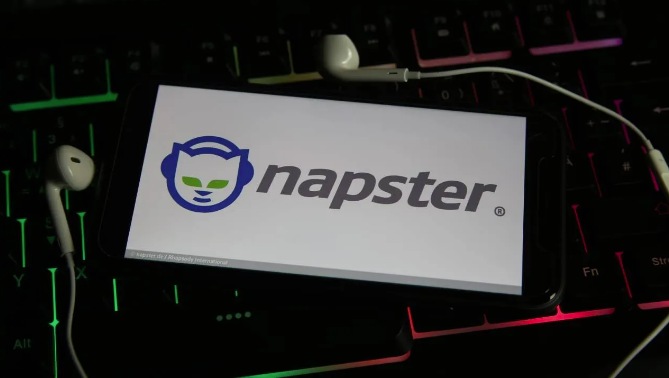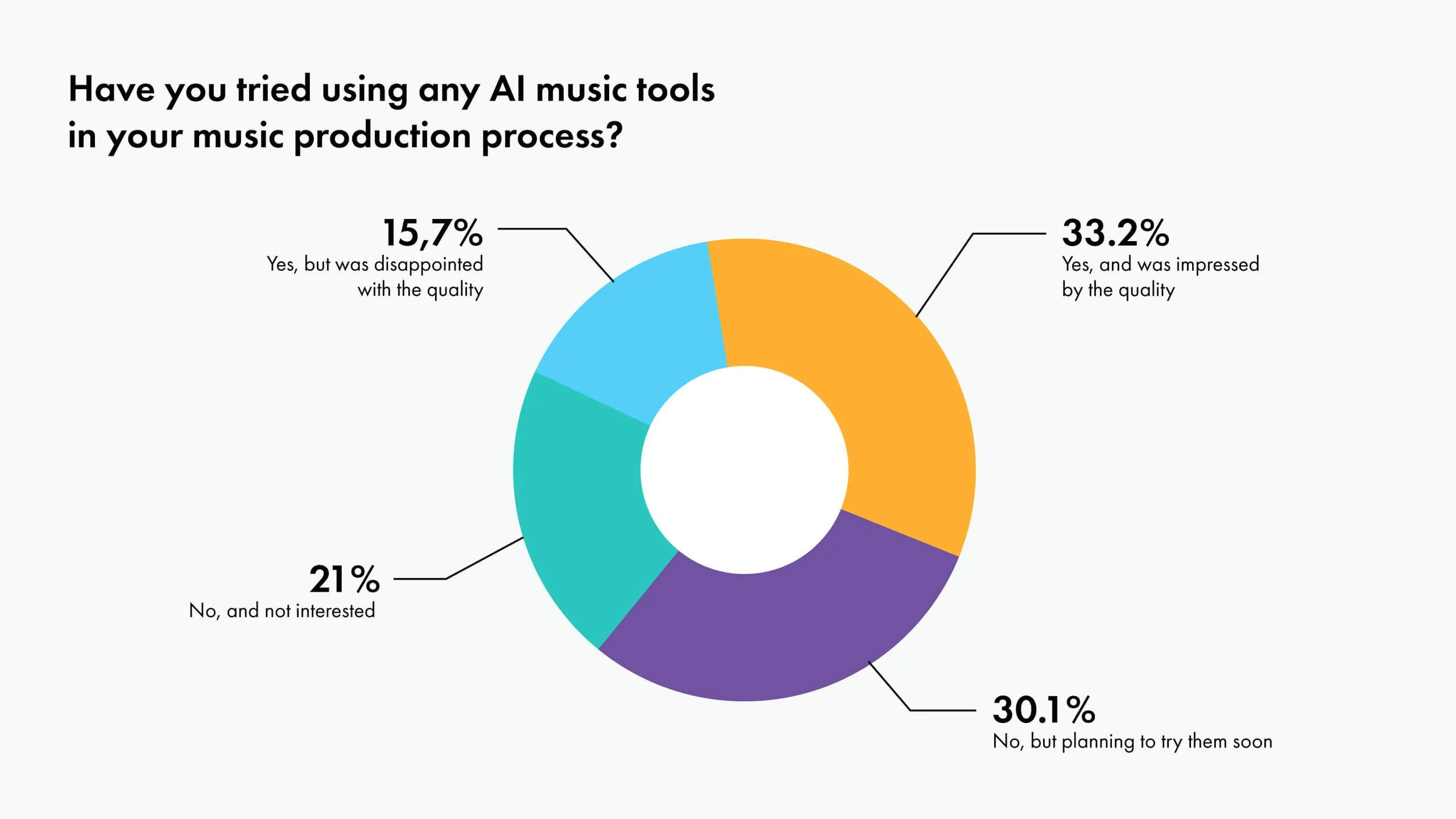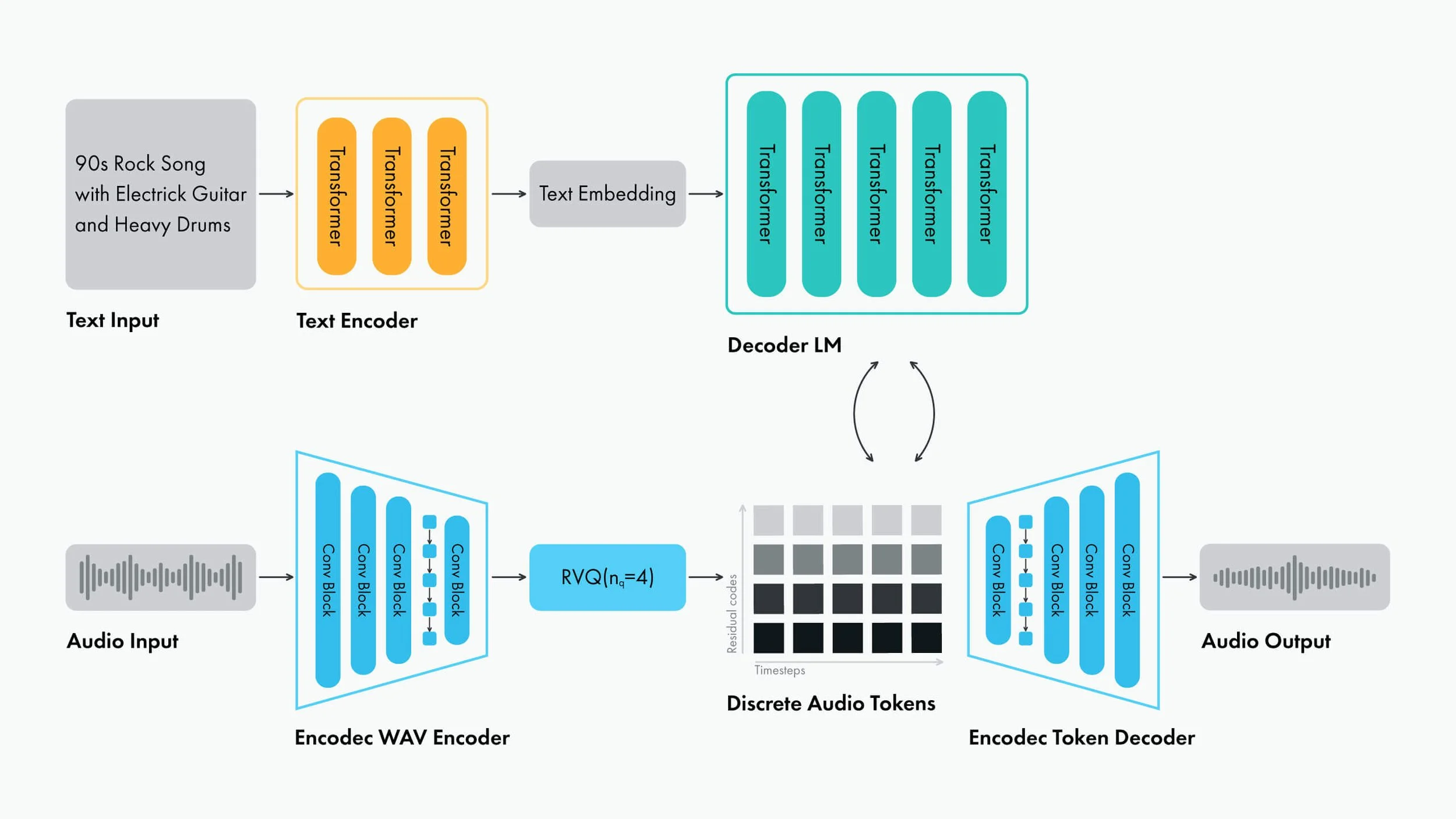By Michael-Patrick Moroney
In late July 2025, Hallwood Media - founded by Neil Jacobson, former president of Geffen Records - made industry history by signing Imoliver (I’m Oliver), a creator whose songs are built entirely on Suno, a text‑to‑music AI platform. This isn’t AI as feature; it’s AI as foundation. Imoliver’s debut single “Stone,” already logged over 3 million plays on Suno, will be released widely on August 8, with a debut album set for October 24. Jacobson described Imoliver as a "music designer" and a visionary example of where music is headed.
Music as the Canary
Music often leads wider shifts. When Napster emerged in the late 1990s with 80 million users sharing MP3s, it didn’t just break the music business - it forecasted the streaming era before it arrived. As economist Will Page said in a recent podcast:
“Music is a microcosm for everything else. We’re the first thing that always gets disrupted - Napster, back then… AI today.”
Imoliver’s signing is not a stunt - it’s a signal that music is again sounding the alarm on a larger transformation.
What It Means to Be a “Music Designer”
Imoliver doesn’t compose with guitar chords or DAW tracks. He writes textual prompts into Suno, reviews the generated material, and iteratively shapes it into complete songs. This is curation and editing, not autopilot generation.
As will.i.am commented:
“AI must complement rather than replace human creativity.”
Imoliver doesn’t hide behind AI - he uses it purposefully, with his own taste in charge.
Real Work from the Front Lines
I’ve spent years guiding artists, brands and labels on workflows that preserve human voice within a technology focused (and nowAI‑assisted) processes. Through prompt sessions, demo edits, and workshops, I've seen creators uncovered entirely new ideas. One takeaway:
AI doesn’t eliminate creativity - it dissolves barriers to making the first draft.
Imoliver’s workflow seems to embody that: human intention amplified through tools, not replaced by them.
Labels Are Rethinking Strategy
While major labels maintain lawsuits against Suno and Udio for alleged copyright violations, Hallwood’s decision points in a different direction: embrace creators using AI ethically, rather than attacking the platforms supplying them.
Even Prem Akkaraju, CEO of Stability AI, notes:
“AI creates original outputs. Artists have always drawn inspiration from existing work.”
This maybe theft - but it’s also evolution, and should be done with transparency.
Critics Are Also Eyeing the Trend
In 2024, more than 200 artists - including Paul McCartney, Billie Eilish, and Nick Cave - signed a letter warning of AI’s potential to erode creative authorship:
“This assault on human creativity must be stopped.”
Their concern is real. Cases like the anonymous AI band Velvet Sundown - who amassed millions of streams without labeling their work as AI-created - highlight the urgency of ethical frameworks.
Imoliver, by contrast, leads with visibility. His contract is out in the open. His process is named. The tool is acknowledged.
You’re Either Reacting or Designing
In case you are interested in the details:)
Today’s creators fall into one of three camps:
Copy‑pastes: pumping generic AI tracks into platforms, hoping algorithms pick them up.
Purists: avoiding AI entirely, sticking to traditional tools.
Hybrids: like Imoliver - working transparently, editing deeply, using AI with artistic intention.
The third option is the most compelling. It’s not about replacing musicians - it’s about designing music, buying back hours in the studio for creative decisions instead of technical repetition.
Full Circle: History Repeats - Or Learns
Napster showed that suing doesn’t stop a cultural shift. The labels gripped tight and lost ground. This time, there's a chance to act differently - by engaging creators, shaping frameworks, and partnering with innovation rather than ignoring it.
If Hallwood’s move marks the next chapter, it’s because they’ve bet that music yet again leads the way. Signing Imoliver isn’t a risk. It’s reading the signal before it becomes static.
Final Thought
Imoliver isn’t a novelty. He’s a structural pivot. By acknowledging his use of AI openly - and labeling himself a creator, not a machine - he’s opened a door that others are already stepping through.
Music once forecasted streaming. Might it now forecast a redefinition of authorship?
Imoliver’s signing suggests yes. And if you’re in the business - or making music - better listen carefully.





